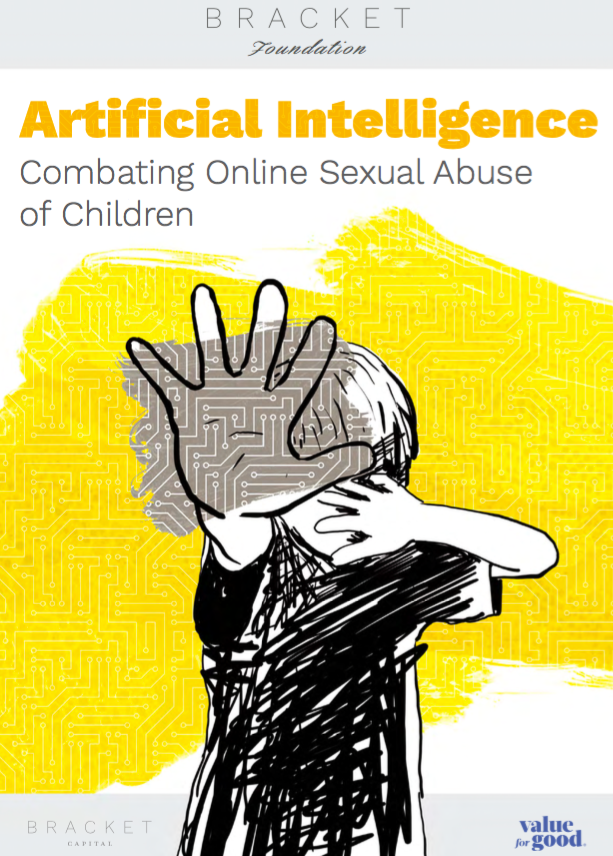The rapid growth of digital technology has revolutionized our lives, transforming the way we connect and communicate. Internet access, mobile devices and social media are now ubiquitous, especially among children. Of the 4.5 billion people with access to the internet today, 1 in 3 are under the age of 18, and they are often unsupervised.
The dark side of this development has been an unprecedented surge in online sexual abuse of children. Not only are children increasingly exposed to abusive behavior online, but today 1 in 5 children are sexually solicited while on- line. Perpetrators pro t from technological advances such as easy sharing of large files, fast live streaming of videos and strong encryption software. Indeed, nearly every facet of online sexual abuse has been made easier by technology, leaving children of all ages more vulnerable than ever online.
This is where Artificial Intelligence (AI) can be leveraged. AI can conduct analysis, provide decision recommendations and carry out actions at a scale, speed and depth of detail not possible for human analysts.
This report explores how Artificial Intelligence (AI) can be applied to this context to tackle exploitation of children, including labour exploitation.

